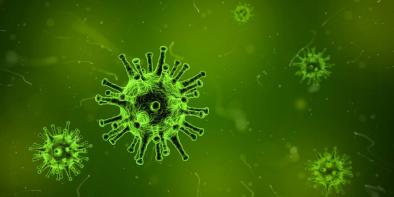Science Source
Climate Change, the Indoor Environment, and Health
- Examines the influences that changing weather patterns and shifting climate regimes may have on factors that affect indoor environments and the health of occupants
- Illustrates how climate-change–induced scenarios could affect building operations and indoor environments and possibly lead to human health effects through exposures to physical, chemical, and biologic stresses—with several of the scenarios involving moisture intrusion into buildings directly or as a result of condensation
- States prolonged heat waves will heat the thermal mass of structures to the extent that the radiant-heating component will become more important indoors
- States warmer ambient environments will mean more air-conditioning use in buildings, which in turn alters ventilation and dew points within structures
- States climate change models project increases in hydrocarbon emissions and concomitant increases in outdoor ozone concentrations, which—in turn—have implications for ozone penetration indoors and later chemical reaction
- Organizes its examination of the literature regarding potential alterations in indoor environmental quality induced by climate change into five primary categories: air quality; dampness, moisture and flooding; infectious agents and pests; thermal stress; and building design, construction, operation, maintenance, and retrofitting
Related Content
Science Source
| The Lancet - Planetary Health
Temperature-related changes in airborne allergenic pollen abundance and seasonality across the northern hemisphere: a retrospective data analysis
Lewis H Ziska, László Makra, Susan K Harry et al
Science Source
| Proceedings of the National Academy of Sciences
The Changing Risk and Burden of Wildfire in the US
Marshall, Burke, Anne Driscoll et al
Science Source
| Proceedings of the National Academy of Sciences
Anthropogenic climate change is worsening North American pollen seasons
William R. L. Anderegg, John T. Abatzoglou, Leander D. L. Anderegg et al
Headline

Dec 16, 2019 | Princeton University
Climate change could make RSV respiratory infection outbreaks less severe, more common


